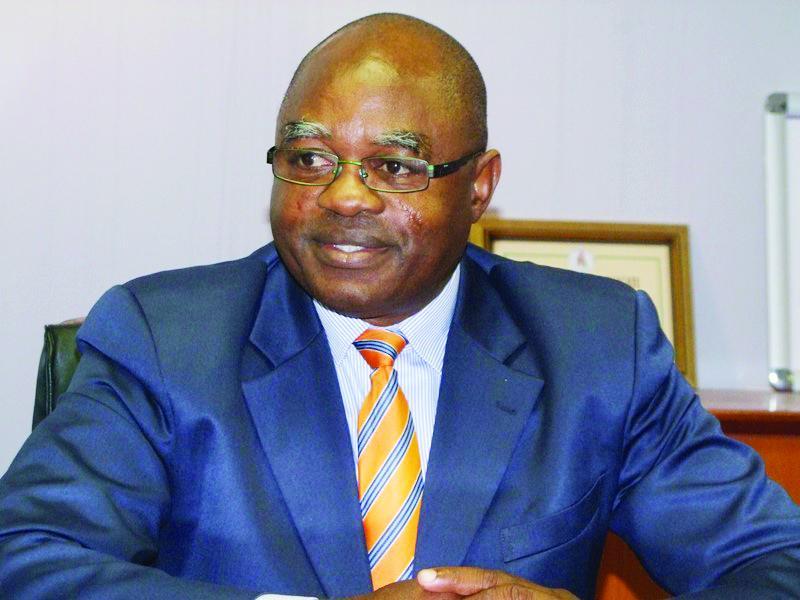Africa-Press – Namibia. Swapo lawmaker Werner Ita has called for the strategic upgrading of several local authorities across Namibia to higher municipal tiers to improve service delivery and promote self-sustainability in urban development.
In his maiden parliamentary speech this week, he highlighted the urgent need to elevate some towns to Part 1 and Part 2 Municipalities.
Ita suggested that Keetmanshoop and Otjiwarongo be promoted from Part 2 to Part 1 Municipalities, while Oshakati, Ongwediva, Ondangwa, Outapi, Eenhana, Rundu and Katima Mulilo must be considered for full municipal status.
“These towns have shown tremendous improvements in infrastructure development and revenue mobilisation. Elevating their status will enable them to govern more independently and reduce reliance on central government, aside from capital funding,” he stated.
He welcomed the allocation of N$2.7 billion to the Ministry of Urban and Rural Development.
He revealed that a large portion will go towards the formalisation of informal settlements, a move he praised as “a dignified effort to eliminate substandard housing”.
He applauded Prime Minister Elijah Ngurare for the initiative.
Highlighting the country’s economic progress, Ita said “Namibia’s economy grew by 4.2% in 2023, buoyed by mining and oil exploration. While the economy has rebounded to pre-pandemic levels, sectors like construction and financial services are still in recovery. Agriculture is expected to grow by 4%, aided by good rainfall”.
He then commended the N$24.8 billion allocated to the education sector.
“This allocation shows that the government prioritises education as a cornerstone of youth empowerment, economic prosperity and societal development,” Ita said.
On fiscal and monetary matters, he applauded the consistent management by the finance ministry and Bank of Namibia.
He noted that “the repo rate at 6.75% is a vital tool supporting domestic economic activity and maintaining the currency peg to the South African Rand”.
Regarding external trade and investment, Ita acknowledged a build-up of the trade deficit.
He called for more investment in manufacturing and value-addition to stabilise the balance of payments.
“We must strive for equilibrium or surplus in our current and capital accounts. This can be achieved through domestic industrialisation and transforming raw materials into finished products,” he stated.
For More News And Analysis About Namibia Follow Africa-Press






